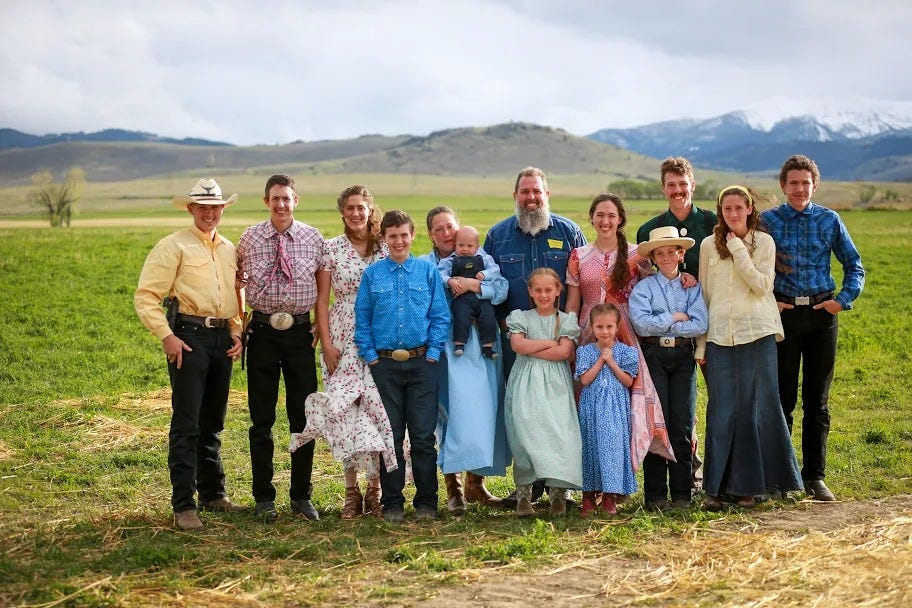Guest Article: Posting Your Kids Is Good, Actually
Keturah Hickman disagrees with me about keeping pictures of your family off the internet
Not long ago, I wrote against influencers who turn their families into content. Keturah Hickman disagrees: in this guest post, she argues that keeping your kids’ faces out of the public domain makes the world even less child-friendly.
What do you think? Tell us in the comments. And don’t forget to follow Keturah at The Social Porcupine.
Posting Your Kids…
Keep reading with a 7-day free trial
Subscribe to Mary Harrington to keep reading this post and get 7 days of free access to the full post archives.





